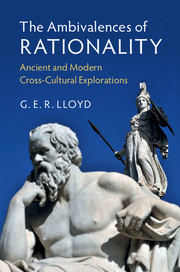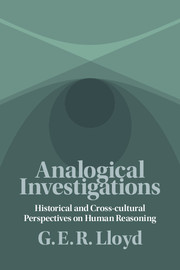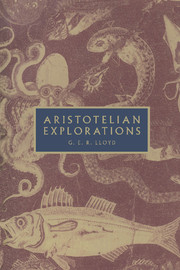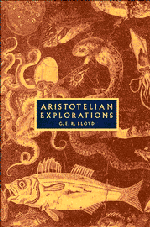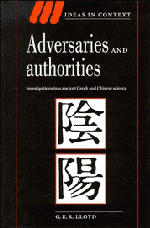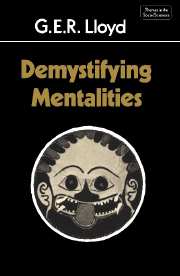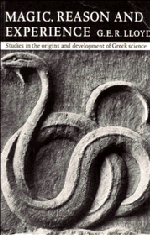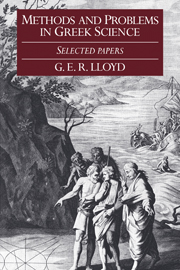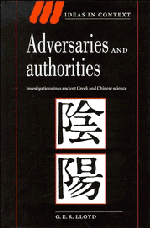The Ambivalences of Rationality
Is rationality a well-defined human universal such that ideas and behaviour can everywhere be judged by a single set of criteria? Or are the rational and the irrational simply cultural constructs? This study provides an alternative to both options. The universalist thesis underestimates the variety found in sound human reasonings exemplified across time and space and often displays a marked Eurocentric bias. The extreme relativist faces the danger of concluding that we are all locked into mutually unintelligible universes. These problems are worse when certain concepts, often inherited from ancient Greek thought, especially binaries such as nature and culture, or the literal and the metaphorical, are not examined critically. Drawing on a variety of disciplines, from philosophy to cognitive science, this book explores what both ancient societies (Greece and China especially) and modern ones (as revealed by ethnography) can teach us concerning the heterogeneity of what can be called rational.
- Provides a cross-cultural examination of notions and practices of rationality in ancient and modern societies, with a particular focus on Ancient Greece and China
- Challenges both universalist and relativist assumptions, presenting an alternative which avoids the weaknesses of these extreme positions
- Examines critically deep-seated conceptions in Western thought, many of which stem from Ancient Greece, e.g. nature and binaries such as appearance and reality and the literal and the metaphorical
Product details
December 2017Hardback
9781108420044
132 pages
235 × 159 × 12 mm
0.32kg
Available
Table of Contents
- 1. Aims and methods
- 2. Rationality reviewed
- 3. Cosmology without nature
- 4. Seeming and being
- 5. Language, literacy and cognition
- 6. Gods, spirits, demons, ghosts, mysticism, miracles, magic, myth
- 7. Conclusions: the ambivalences of rationality.

